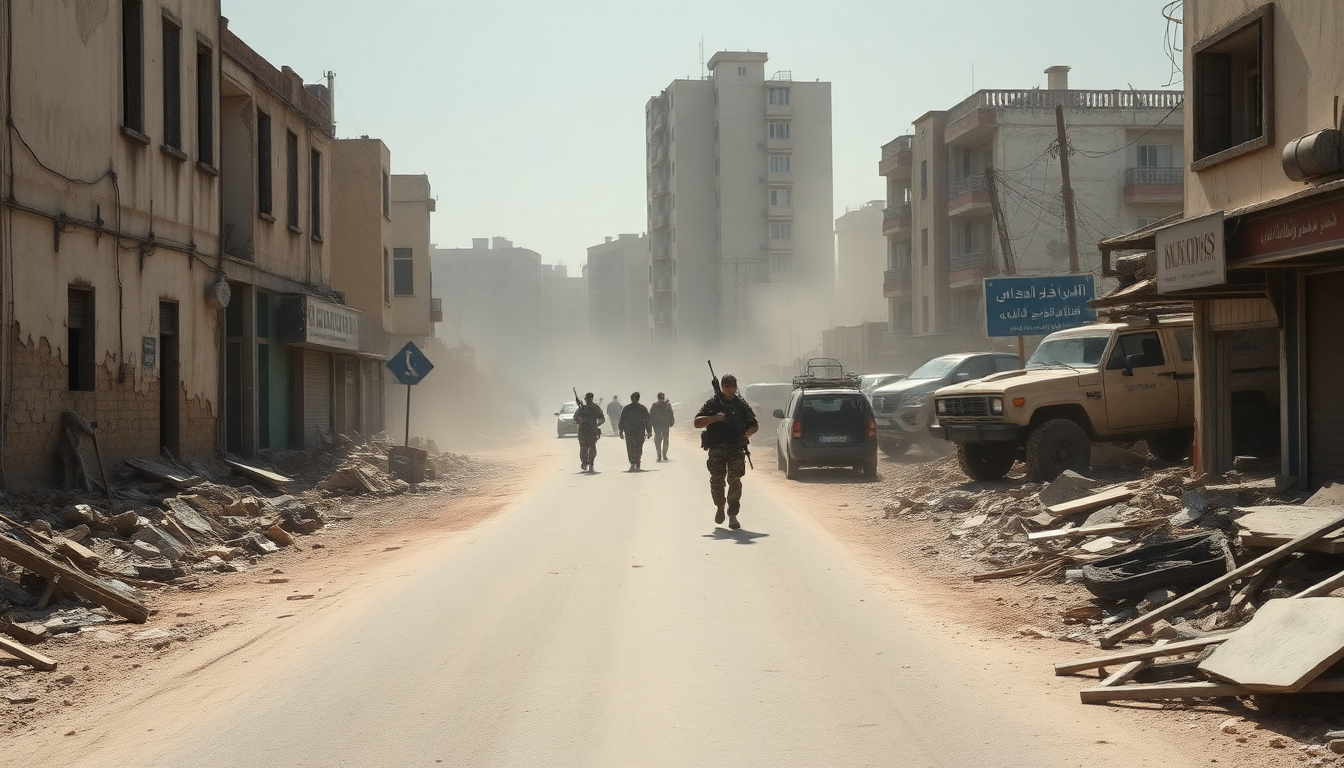Table of Contents
On Friday morning, Israel’s political-security cabinet made a pivotal decision: they approved a plan to take control of Gaza City. This move marks a significant chapter in the ongoing military operations, which have faced criticism from both within Israel and around the world.
So, what does this mean for the conflict? It highlights the complexities at play, especially when balancing military strategies with urgent humanitarian needs. Prime Minister Benjamin Netanyahu’s government is trying to walk a tightrope—providing aid to civilians while also targeting militant activities.
It’s a classic example of the dual objectives that often define modern conflicts.
Current Military Strategy and Objectives
The Israeli Defence Forces (IDF) are gearing up for a focused operation in Gaza City, the largest urban area in the Gaza Strip.
While Netanyahu has broader ambitions of establishing military control over all of Gaza, the immediate focus is squarely on Gaza City. This seems to be a tactical maneuver aimed at juggling military goals with humanitarian considerations, ensuring that civilians aren’t caught in the crossfire.
Interestingly, reports suggest that the strategy includes evacuating Palestinian civilians from targeted areas before launching ground offensives. This proactive approach is intended to reduce civilian casualties, but questions linger about how effective and timely these evacuations will be. The Israeli government has indicated a desire to eventually hand over control to Arab forces, raising a host of questions about governance and who will be involved.
Netanyahu’s insistence that he doesn’t want to govern Gaza opens up critical discussions about the future political landscape in the region.
Political Implications and Regional Reactions
This military initiative has sparked a mix of reactions both domestically and internationally. Israeli officials believe that the cabinet’s decision is necessary to defeat Hamas and secure the return of hostages.
The political consequences could be significant, possibly overturning the 2005 decision that led to Israel’s withdrawal from Gaza. Right-wing factions in Israel argue that this withdrawal allowed Hamas to consolidate power, further complicating an already intricate geopolitical situation.
On the other hand, Hamas has condemned Netanyahu’s comments, viewing them as an attempt to sabotage any negotiation efforts. They see this military expansion as outright aggression. Their assertion that any new governing authority in Gaza would be perceived as an occupying force highlights the deep-seated hostilities that characterize the Israeli-Palestinian conflict. Meanwhile, regional allies stress that any resolution must be in line with Palestinian consensus, emphasizing the need for legitimate governance in Gaza.
Humanitarian Concerns and Future Outlook
While military strategies take center stage, the humanitarian situation remains dire. Reports out of Gaza indicate severe shortages and worsening living conditions for civilians. The international community is sounding alarm bells over the humanitarian implications of this expanded military operation. Disturbing images of malnourished children and the plight of hostages have drawn global condemnation, underscoring the urgent need for a comprehensive cease-fire agreement.
As we look to the future, the situation remains fluid and complex. The Israeli government’s insistence on achieving total victory over Hamas complicates peace prospects, especially as negotiations for hostages and a potential cease-fire face obstacles. As these dynamics evolve, it’s crucial to balance military objectives with humanitarian responsibilities, emphasizing the intricate interplay of military and political actions in one of the world’s longest-running conflicts. Are we on the brink of a resolution, or are we just seeing the beginning of another chapter?





